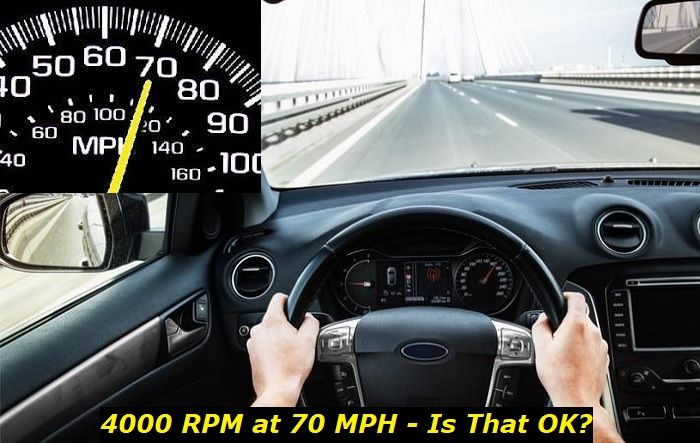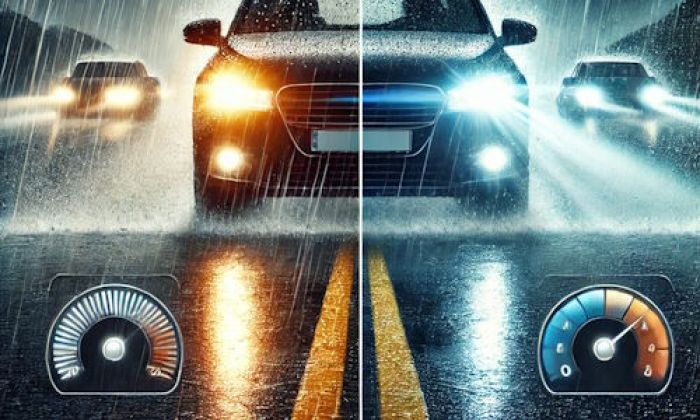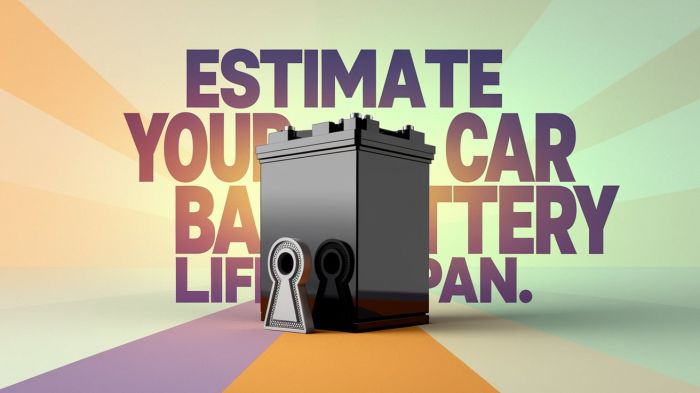Among the most popular ways to boost the output of your engine or enhance your fuel economy are engine tuning and weight reduction. For EcoDiesel engine users, there's another way to do these without resorting to the said methods and that's through the deletion of the DPF and EGR.
Key features and my opinion about the engine
- Production years:2011-now
- Average lifespan of 3.0 EcoDiesel:180,000-200,000 miles
- Fuel supply type:Common Rail
- Power range:190-275 hp
- Fuel efficiency:good
- Engine block material:cast iron
- Engine reliability score:low
- The most common problems:crankshaft may crack at any time, the oil cooler may leak, the high-pressure fuel pump is weak, EGR and DPF problems, vibration issues.

Why Is Delete Tuning so Popular?
There are a few reasons why people delete the DPF and EGR from their EcoDiesel engine. As mentioned, it is mainly to improve performance. By deleting the EGR, you can improve the airflow in your engine and increase power by around 1%.
The second reason is to maximize engine life.
The third is to improve fuel efficiency.
In addition to the mentioned advantages, deleting the DPF will reduce the amount of soot and other pollutants that may block the outflow of air from your engine making it breathe easier and function better.
Lastly, some people delete both the EGR and DPF to save money on maintenance costs. By deleting these parts, you won't have to replace or have them serviced as often, which can save you money in the long run.
However, EcoDiesel deletes are not all rainbows and butterflies. If you're considering deleting the EGR and DPF from your engine, it's important to weigh the pros and cons carefully before anything else.
Performance gains are only minimal, and you could end up causing more harm than good to your vehicle. With that, this article provides you with the problems that may arise should you decide to proceed with your EcoDiesel delete. In the end, no one is stopping you from doing what you want to your auto, but at least you will be able to understand the risks better after reading this.
How the DPF and EGR Work in your EcoDiesel?
- DPF
A DPF or Diesel Particulate Filter is used in EcoDiesel engines. It captures and filters out soot particles from the exhaust gas before they can be emitted into the atmosphere. By doing so, it helps to reduce air pollution and improve fuel economy.
The DPF works by trapping dirt particles on a filter as the exhaust gas passes through it. When the filter becomes full, the engine will need to go through a regeneration process to clean the filter. This can be done either passively or actively.
Passive regeneration occurs when the engine is operated at high speeds for an extended period of time, which allows the exhaust gas temperature to increase enough to incinerate the trapped soot particles.
Active regeneration involves injecting a small amount of fuel into the exhaust stream, which increases the gas temperature and burns off the soot particles.
- EGR
The EGR or exhaust gas recirculation is a system found on many diesel engines. The purpose of the EGR system is to recirculate a portion of the exhaust gases back into the engine cylinder to be re-burned. This helps reduce emissions of NOx (nitrogen oxides) from the engine.
The EGR system works by routing a portion of the exhaust gases from the exhaust manifold back into the intake manifold. This mixture of fresh air and recirculated exhaust gases is then drawn into the cylinders during the intake stroke. When these gases are present in the cylinder, they help to lower the peak combustion temperature, which reduces the formation of NOx.
For an EGR system to function properly, it must be carefully calibrated. If too much exhaust gas is recirculated back into the engine, it can cause a number of problems, including reduced engine power, increased fuel consumption, and increased emissions of soot or carbon particulates. Conversely, if not enough exhaust gas is recirculated, the EGR system will not be effective in reducing NOx emissions.
Problems You May Encounter After the Deletion of the DPF and EGR
For a time, the DPF and EGR were rife with issues when they were still in their infancy. Most came like an afterthought to earlier vehicles that had them simply because manufacturers were forced to install them for compliance with emission standards.
At times, they were more of a liability, and cleaner emissions didn't necessarily translate to better engine performance. They caused leaks, carbon build-up, and accumulation of soot that required frequent cleaning, and costly periodic maintenance, among others.
During that, it really made more sense to delete or block the function of the DPF and EGR to retain the optimum efficiency of the engine, provide convenience to vehicle owners, and save on maintenance expenses. However, as automotive tech advanced rapidly in the past couple of years, automakers have found a way to integrate them seamlessly with the complex engineering of modern vehicles. From a nuisance, they gradually turned out to be more reliable as they complemented more and more the operation of the engine.
Amid the technological advancements possessed by new DPF and EGR units, their bad reputation has been stuck with old-school vehicle owners. Therefore, the practice of removing them is still rampant to this day.
However, this time, the consequences are no longer as convenient as before. In the long run, EcoDiesel units running without them are more prone to problems than just leaving them as stock.
With that, here are the major problems you will certainly encounter if you proceed with your EcoDiesel engine delete tuning:
- You will be Breaking Emission Standards
The first thing that you will be exposing yourself to when deleting your DPF and EGR is that you will be getting yourself out of EPA compliance. Such activity is subject to hefty fines amounting to around $10,000 plus other sanctions that your state may impose for your disregard of the rules.
- Your Vehicle Warranty will be Voided
Since the engine is the most vital component of your auto, altering its intended design, knowingly risking its quality, and increasing its chances of wearing out or getting damaged using aftermarket mods is a sure way to void your warranty. Besides that, the official service center of your vehicle will no longer want to have anything to do with you. That's because if they are caught providing their services on a vehicle that's not compliant with existing regulations, they will also be exposing themselves to fines and other sanctions anchored with the act.
Moreover, auto insurance companies will no longer insure your vehicle, and it's guaranteed that you will no longer be able to renew your vehicle registration, especially in states with strict implementation of environmental regulations like California.
- Increased Fuel Consumption and Reduced Performance
A DPF delete can cause the engine to run lean. Without the DPF filter in place, soot and other particulates can build up in the exhaust system and eventually clog the catalytic converter. This can lead to reduced engine performance, a decrease in fuel efficiency, and increased emissions.
- False Readings in Sensors
An EGR delete in the EcoDiesel engine can result in issues with the NOx sensors. This can potentially lead to false readings and triggering a check engine light, which may lead to your vehicle stalling.
- Misdirection of Exhaust Gases
Likewise, without the EGR system in place, the misdirection of exhaust gases can overheat and cause damage to engine components. For the modern EcoDiesel engine it's a disaster.
- Damage to the EcoDiesel Engine in General
The present EcoDiesel engine is engineered to work together with the stock components of your vehicle, including the DPF and the EGR. Hence, even a slight modification can disrupt the harmonious operation of all the moving parts of your auto, and it may trigger a bunch of issues.
Aside from their original functions, the DPF and the EGR are now more active in controlling the amount of airflow on the EcoDiesel engine. These components have turned out to be crucial in maintaining the temperature of the power unit within the acceptable range in order to safeguard its durability.
Simply deleting them without the necessary calibration to the engine like altering its compression ratio, dropping the temperature, and adjusting the engine timing, among others, exposes it to high pressure and overheating.
Recommendation
Engine deletes may work to your advantage with older diesel-powered vehicles that were just retrofitted with a DPF and an EGR. However, the current generation of the EcoDiesel engine is now designed to work in harmony with them, especially in the maintenance of its airflow and internal workings.
So, simply deleting them without the proper calibration will damage the power unit in the long run. Aside from that, you are exposing yourself to fines and other state sanctions if you are caught traveling on public roads with your engine-modded vehicle without a functioning EGR or DPF, not to mention that you will also be waiving your auto insurance, factory warranty, and vehicle registration renewal along the way.
The EcoDiesel engine already offers a decent power of up to 260 hp and 480 lb-ft of torque with a combined fuel economy rating of 26 mpg. Other than that, it is known to last a long time with an estimated life of between 200,000 and 300,000 miles. There's no point in risking it with mods or deletes unless you really want to see the effects yourself.
Considering all the things presented here, an EcoDiesel delete is definitely not worth your trouble.
About the authors
The CarAraC research team is composed of seasoned auto mechanics and automotive industry professionals, including individuals with advanced degrees and certifications in their field. Our team members boast prestigious credentials, reflecting their extensive knowledge and skills. These qualifications include: IMI: Institute of the Motor Industry, ASE-Certified Master Automobile Technicians; Coventry University, Graduate of MA in Automotive Journalism; Politecnico di Torino, Italy, MS Automotive Engineering; Ss. Cyril and Methodius University in Skopje, Mechanical University in Skopje; TOC Automotive College; DHA Suffa University, Department of Mechanical Engineering






Add comment